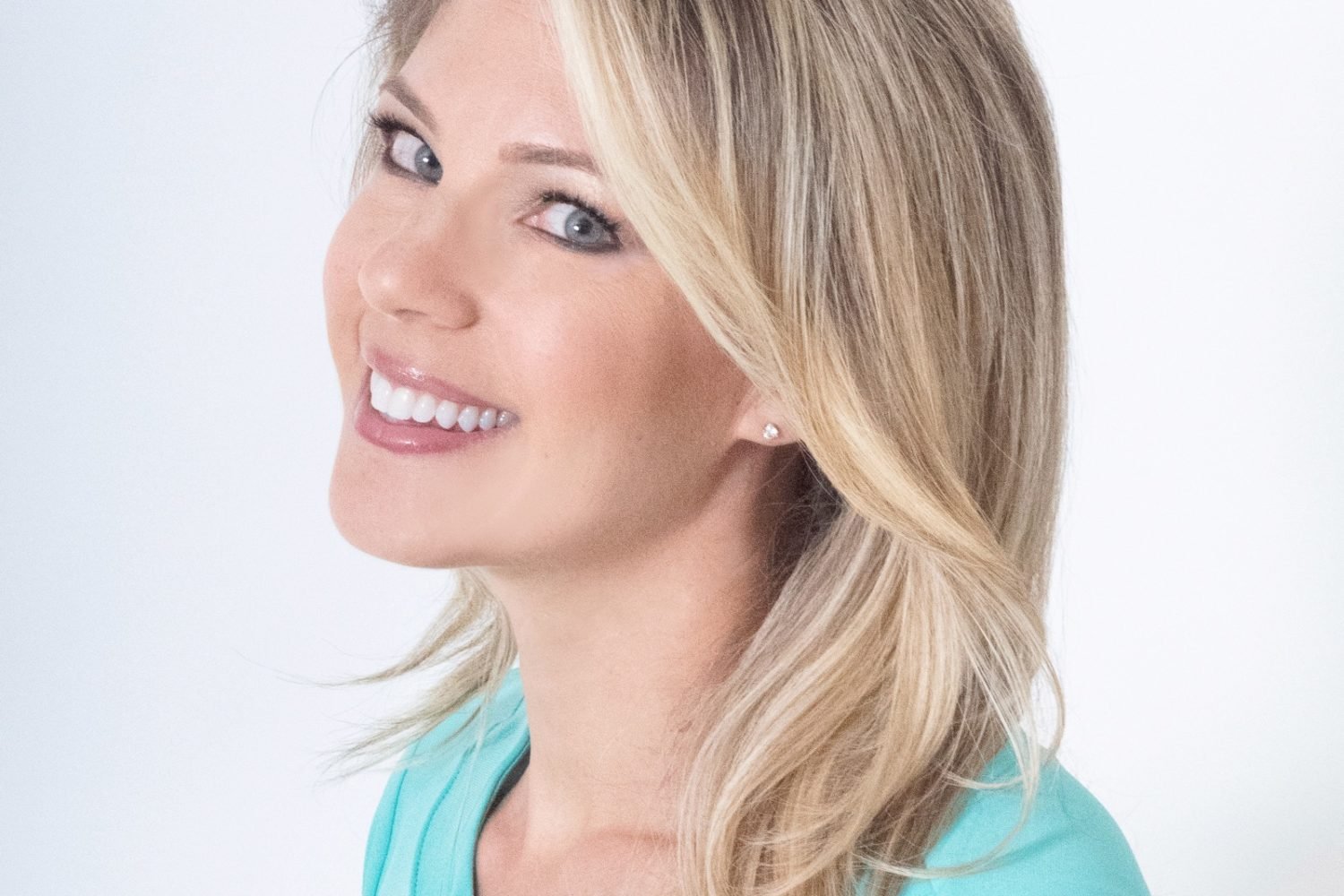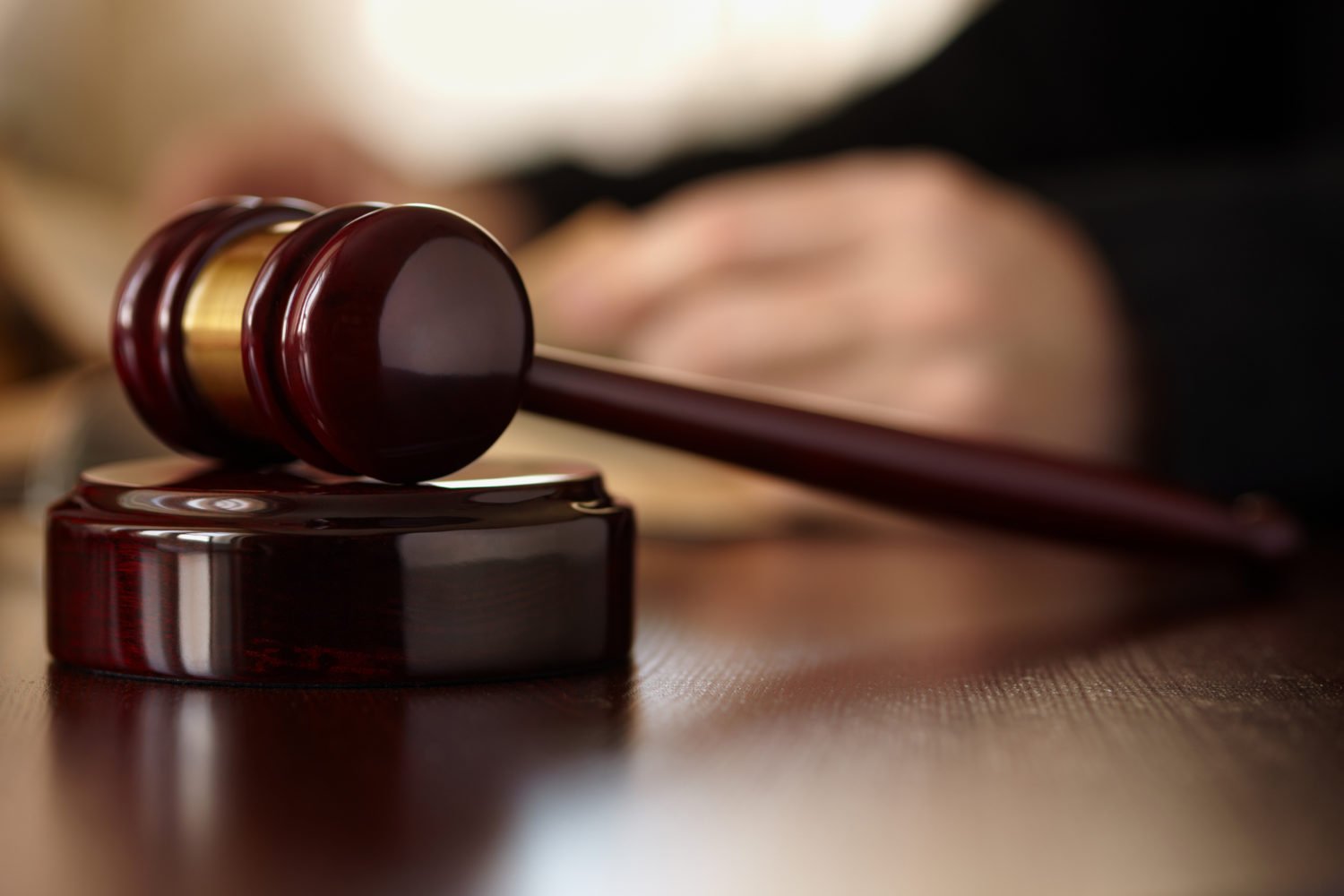The DC schools are in a deep hole, and Mayor Tony Williams, the city council, and the school board seem to want to keep digging. In just eight years, the city's public schools have suffered through five superintendents and countless scandals. Test scores are among the lowest in the nation.
What to do? Declare the equivalent of martial law–send the mayor and the school board to the sidelines and hand all power to a public-school czar.
The ideal leader would be an outsider with no allegiances to the status quo. Joel Klein, antitrust enforcer in Bill Clinton's Justice Department, was tapped in 2002 to run the schools in his native New York City. He is turning the nation's largest K-12 system inside out. He's the right kind of change agent: smart, dedicated, and known for boldness.
The best czar also would be skilled in the LBJ school of management. "The superintendent's job is a political one," says a DC insider. "Why we give it to someone with a PhD in education mystifies me."
Here are seven candidates for the job. Each is a top talent; all are passionate about education or the city.
Bill Gray, former congressman from Philadelphia. He was a Capitol Hill dynamo before he gave up his seat in 1991 to head the United Negro College Fund. He turned that philanthropy into a money machine, raising $1.5 billion. Gray recently retired, but at 62 he hasn't lost his drive or charisma. A Baptist minister, he still preaches. "When he's in the room, you know it," says a DC-schools observer.
Wendy Kopp, founder of Teach for America, which recruits and trains top college graduates to teach in poor school districts. With little money and a lot of smarts, Kopp turned her Princeton thesis into a modern version of the Peace Corps. Since 1990, Teach for America has placed 10,000 teachers in urban and rural classrooms.
An icon to a generation of "social entrepreneurs," Kopp would inspire students and teachers. And she'd work like hell to change things. She's never run a huge organization, but DC's school system–with fewer than 70,000 students, only the 48th largest in the country–is just her size.
Freeman Hrabowski, president of the University of Maryland-Baltimore County. He grew up in Birmingham, Alabama, with Condoleezza Rice, went to college at 15, and got his PhD at 24. UMBC recruits bright high-schoolers and nurtures them with tough love and the doctrine that "smart is cool." The campus awards more undergraduate degrees to blacks in chemistry than any university in the country.
A rising star in academia, Hrabowski declined a chance to be Kathleen Kennedy Townsend's running mate in the 2002 Maryland governor's race. He recently began speaking out about K-12 issues, saying that schools don't demand enough of kids.
Lou Gerstner, former IBM CEO, longtime friend of political fixer Vernon Jordan, and chairman of DC's Carlyle Group. A humble version of corporate-turnaround genius Jack Welch, Gerstner took over the flagging IBM in 1993 and restored its muscle and profitability. As he rebuilt Big Blue, he threw himself into education policy and rallied state leaders behind standards and accountability reforms that now dominate the education agenda.
Gerstner joined IBM after a member of the board told him, "You owe it to America to take the job." An appeal to patriotism might persuade him to turn around the schools in the nation's capital.
Shirley Ann Jackson, Washington native, world-class physicist, former chair of the Nuclear Regulatory Commission. Jackson left the NRC in 1999 to become president of Rensselaer Polytechnic Institute in New York, which she's hellbent on transforming into MIT's chief rival. Few are betting against her. "Excellence is the mantra and the metric in all we do," she said in her inaugural speech. A hard-charging authoritarian, she makes no apologies for throwing her weight around. "Everybody doesn't have to love me," she has said.
Colin Powell, Secretary of State, retired Army general. The buzz at the 2000 Republican convention was that George Bush might pick Powell to be his Education secretary. Failing schools, Powell thundered in his speech at the convention, are "trapped in fossilized bureaucracies."
DC has turned to an ex-general to save its schools before; Julius Becton proved a bust in the mid-1990s. But Powell is a political pro and unifying force who could bring together whites and blacks, conservatives and liberals.
Bill Clinton, former president. Education was Clinton's passion when he was governor of Arkansas. His break with the state teachers' union over his support of teacher-competency tests helped establish him as a centrist.
A master negotiator, the ever-restless Clinton might relish the opportunity to take on the challenge and accomplish something truly worthwhile.
The Schools Czar Should Listen to . . .
Caroline Kennedy, daughter of JFK and chief fundraiser for the New York City schools. A Klein hire (for $1 a year), she's building private and corporate support. Her biggest haul: a $51-million gift from the Bill and Melinda Gates Foundation.
Thomas Payzant, Boston schools superintendent. Another former Clinton aide, Payzant is considered one of the nation's top schools chiefs. He'd make the perfect deputy.
John Thompson, former Georgetown basketball coach. He knows how to demand excellence from kids–and make them like it.
Reid Lyon, NIH researcher and President Bush's "reading czar." Lyon is using brain scans to turn once-fluffy research about how kids learn into hard science.
Floyd Flake, former New York City congressman and a top official with the for-profit Edison Schools. Flake shocked fellow Democrats when he endorsed vouchers in the 1990s; now he's a pivotal leader in the school-choice movement.
Kati Haycock of the Education Trust, a national organization based in DC. Arguably the most influential education reformer today, Haycock uses data to identify and fix problems in high-poverty schools.
Jay Mathews, Washington Post writer. He's the arbiter of education toughness, thanks to his national school ratings based on whether kids take challenging courses.
Raul Fernandez, area high-tech pioneer. The District has spent $25 million over four years on a computer system that still doesn't work. He could reboot and save money.
Melinda Gates, wife of Microsoft mogul Bill Gates and co-head of the Gates Foundation. She and the foundation are leading efforts to help districts make schools smaller and more effective.
William Raspberry, columnist. He's creating a program in his Mississippi hometown to engage parents in their kids' education. Maybe he could do the same here.
Edward "Monk" Malloy, Notre Dame president and former basketball great for DC's Archbishop Carroll High School. The man who cleaned house in the Notre Dame athletic department could help restore integrity to school operations here.
Patrick Welsh, Alexandria high-school teacher and occasional columnist for USA Today and the Washington Post. Welsh offers thoughtful inside-the-classroom views of trends and policy. Sign him up as ombudsman for DC's kids and teachers.


















